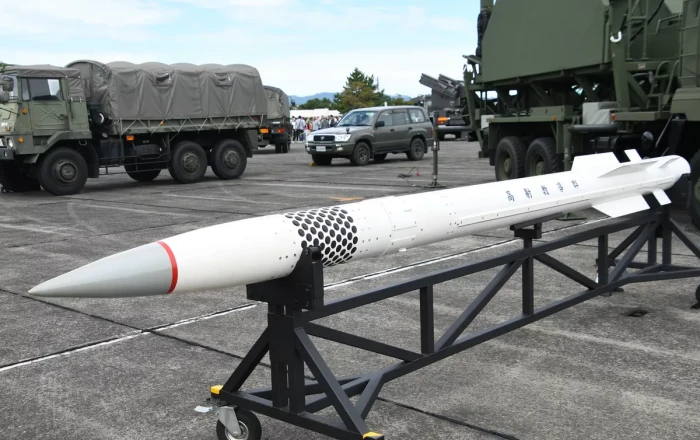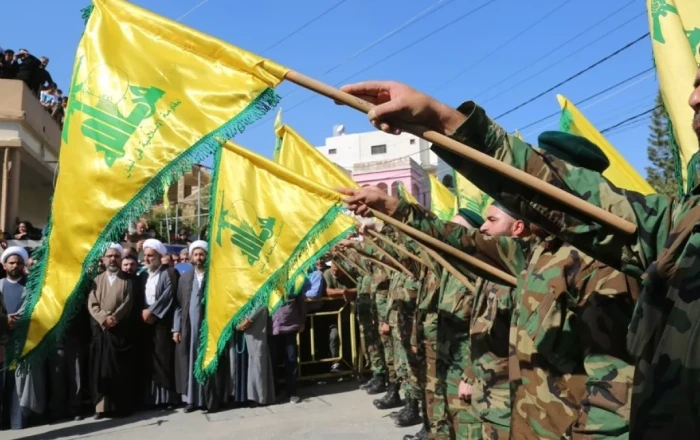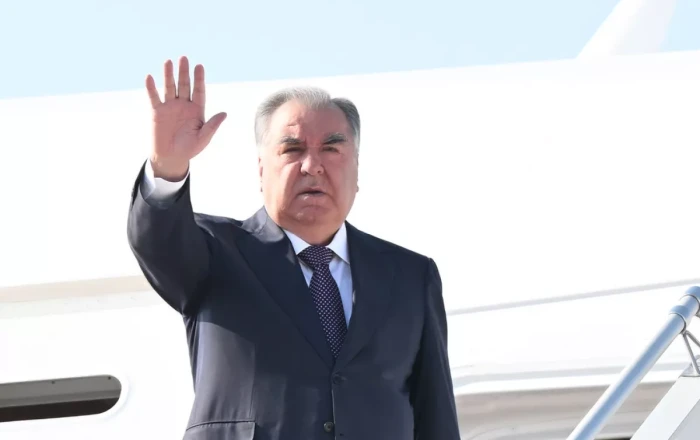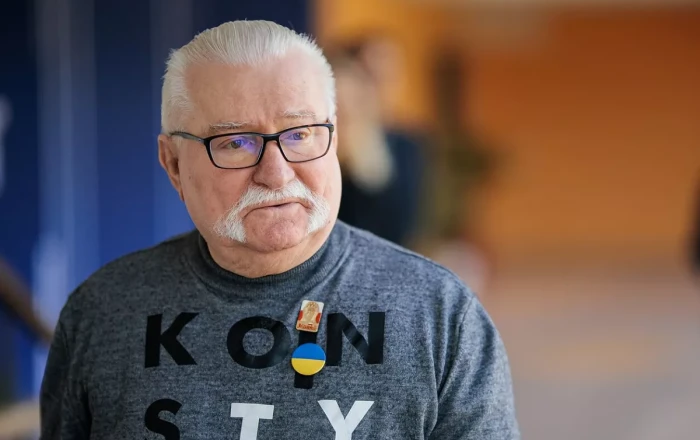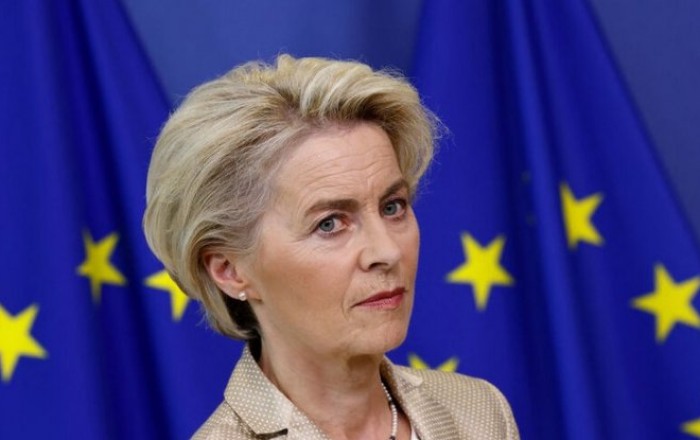On July 3, an open court hearing continued in the criminal cases against citizens of the Republic of Armenia, including Arayik Harutyunyan, Arkadi Ghukasyan, Bako Sahakyan, Davit Ishkhanyan, David Babayan, Levon Mnatsakanyan, and others, who are accused of committing crimes against peace and humanity, war crimes, including the preparation and conduct of an aggressive war, genocide, violation of the laws and customs of war, as well as terrorism, financing of terrorism, forcible seizure and retention of power, and numerous other crimes resulting from Armenia’s military aggression against Azerbaijan.
The hearing was held at the Baku Military Court, presided over by Judge Zeynal Agayev, with judges Jamal Ramazanov and Anar Rzayev (reserve judge Günel Samedova). The accused were provided with interpreters in their preferred languages and defense attorneys.
The session was attended by the accused, their defense attorneys, some of the victims, their legal heirs and representatives, as well as prosecutors representing the state. Judge Zeynal Agayev introduced the judicial panel, the prosecutors, interpreters, and others to the victims participating for the first time, and explained their rights and obligations under the law.
During the court proceedings, testimonies were given by individuals who were taken captive or hostage in territories formerly occupied by Armenian armed forces, as well as those injured or otherwise harmed by Armenian military fire.
Victim Mobil Ahmadzade testified that on November 8, 2020, a shell fired from an Armenian tank exploded near him, causing severe shrapnel wounds to both legs, after which he lost consciousness. He remained in a forest for five days, and on November 13, he woke up in the cabin of a Gazelle vehicle, lying on a stretcher with an unidentified person in military uniform nearby. When he asked for water in Azerbaijani, the person kicked him in the head and refused. Realizing he had been captured by Armenians, he lost consciousness again. Upon waking, he found both his hands tied to a bed with ropes and his right thigh amputated. He was taken to Yerevan, the capital of Armenia, where he was tortured multiple times during his captivity. In response to a question from Senior Assistant Prosecutor Vusal Aliyev, he stated he was handed over to Azerbaijan on December 14, 2020.
Victim Fazail Asadov reported that on May 7, 1992, during the defense of Shusha, he sustained a gunshot wound to his right thigh from Armenian armed forces’ fire. During the same incident, Ali Hasanov and Elbrus Dashdamirov, who were defending the city with him, were killed, while Ali, an employee of the Nasir and Gakh District Police Department, went missing. Ali Rasulov, Ahmad, and Polad from Gakh district also sustained shrapnel wounds to various parts of their bodies.
Victim Eldar Abdullayev stated that in June-July 1993, he was captured in a wounded state by Armenian armed forces in the Aghdara district. He had sustained gunshot wounds to his right arm, left leg, and chest, losing consciousness due to blood loss. He was taken to Khankendi, where he was held in a children’s hospital until late March 1994, when he was handed over to Azerbaijan. During this period, he witnessed unimaginable atrocities committed by Armenian forces against Azerbaijani captives. In response to a question from Nasir Bayramov, head of the State Prosecution Department of the Prosecutor General’s Office, he said he was subjected to various forms of pressure and inhumane treatment daily while in captivity. Despite his injuries, he received no necessary medical care. Armenian guards and military personnel visiting the hospital regularly beat wounded Azerbaijani captives with rifle butts, rubber batons, and kicks, targeting their wounds, pressing burning cigarettes into their bodies, and stabbing knives into their healthy limbs.
Armenians also entered wards holding Azerbaijani women and children captives, beating and torturing them. During his time in the children’s hospital, Abdullayev witnessed one wounded Azerbaijani being beaten to death.
In response to questions from state prosecutor Fuad Musayev, the victim recalled only the name of Albert Voskanyan, who was involved in prisoner exchanges. Although Voskanyan did not personally beat him, he gave orders to Armenian guards to torture him after their conversations, and these orders were carried out with cruelty.
Victim Elnur Mehdiyev stated he was held in Armenian captivity in Khankendi for six months, during which he lost his health due to torture. After being captured in February 2000, Armenian soldiers brutally beat him with fists, kicks, and rifle butts. They tied him to a pole with ropes and left him barefoot in the snow overnight, causing frostbite that led to the amputation of all toes on his left foot. In July 2000, he was taken to Armenia and held in a detention facility until his release on July 18, 2000. Responding to prosecutors, Mehdiyev said he did not resist after being captured and was tortured solely because he was Azerbaijani.
Victim Intigam Mammadov testified that he participated in battles in 1992. Near the village of Ashagi Veysalli in the Fuzuli district, he was shot in the right leg, lost consciousness due to blood loss, and was captured by Armenian forces. He was held in a basement in Khojavend district until December 10, 1992, when he was handed over to Azerbaijan. During his 35 days in captivity, despite his injuries, he was brutally beaten and subjected to severe torture. On the first day, an elderly Armenian came to the basement and tortured him without saying a word.
Victim Shahruz Aliyev recounted that in February 1992, Armenian forces surrounded his village of Garadaghly in the Khojavend district, capturing residents and taking them to Khankendi. Many young people were shot en route. During captivity, Armenian soldiers beat him and other captives daily with iron objects and left them in the snow for hours in freezing weather. Some captives died from the torture. Aliyev was released after 54 days. He noted that his cousin Habil Zeynalov and uncle’s son Khaliq Aliyev were killed by Armenians, and his brother Vatan Aliyev, captured with him, was held separately, leaving his fate unknown.
Victim Khudayat Taghiyev reported that all his family members except him left Garadaghly due to the situation. From February 10, 1992, the village was under siege. Armenian forces entered the collective farm building, lined up residents, and took them captive. Young men were loaded into one vehicle, while women and elderly men were placed in another. Armenian soldiers tortured and beat Eldar Dadashov, and an Armenian named Mamvel shot him dead with a pistol. Further along, Demir Huseynov and Fadail Huseynov were pulled from the vehicle and killed. At a place called “Beylik Bagi,” Armenians stopped the vehicles again and killed over 30 villagers. The remaining hostages were taken to Khankendi and held in a basement. After one day, 20 villagers, including Taghiyev, were transferred to Khankendi prison, where they endured severe torture and inhumane treatment. On March 30, Taghiyev and nine others were released in the “Garagach Cemetery” area of Aghdam district and handed over to Azerbaijan.
Victim Aydin Ahmadov was captured in a wounded state on December 28, 1991, in Karkijahan village by Armenian forces and soldiers of the former Soviet 366th Regiment. Others were captured with him. Immediately after capture, they were beaten with iron and wooden objects and rifle butts, then taken to a special-regime detention facility in Khankendi, where they faced severe torture. Ahmadov, responding to prosecutor Vusal Abdullayev, said he sustained shrapnel wounds to his leg and head. Despite his injuries, Armenian soldiers struck his wounds with kicks and rifle butts. Guards entered his cell multiple times daily, brutally beating him. He was later sold to an Armenian named Serjik and was handed over to Azerbaijan six months later.
Victim Nizami Ismailov testified that he suffered during Armenia’s aggressive war against Azerbaijan. In February 1992, when Armenian forces shelled Shusha, he and his mother were injured. He lost his health, loved ones, and property due to Armenia’s aggression.
Victim Hidayat Asgarov reported that on December 28, 1993, Aghdam district was shelled by Armenian forces, and he was wounded in both legs and his left arm. Armenian soldiers captured him and killed one other person with him. He was held in captivity near Khankendi, in Shusha prison, and in Khankendi’s children’s hospital until May 8, 1995, when he was returned to Azerbaijan. During this time, he was repeatedly beaten with fists, kicks, iron, and rubber batons by Armenians, including those named Armen and Samvel, and subjected to severe torture.
Victim Aqil Guliyev stated that when Garadaghly was occupied in February 1992, civilians were brutalized, burned alive, and their homes shelled with heavy equipment. He sustained gunshot wounds to both legs, losing his health. In response to a question from Assistant Prosecutor Tugay Rahimli, Guliyev said his property in Khojavend was looted by Armenians.
Victim Tahir Jafarov was captured by Armenian forces during the occupation of Lachin on May 18, 1992. He was held in Khankendi until mid-July, then transferred to Khojali, Khojavend, and Gorus in Armenia. He was handed over to Azerbaijan on August 13, 1992. Like others, he endured torture during captivity, receiving only a cup of water and a small piece of dry bread daily. His tooth was pulled out with pliers in Khankendi because he was Azerbaijani.
Victim Fikrat Aslanov, captured while wounded, was taken to Armenia and held in a detention facility for one year and nine months. Other Azerbaijanis were also held captive. In Yerevan, prisoners faced horrific torture and forced labor. Some captives died, and two Azerbaijanis were buried in the yard of a women’s prison.
Victim Tacir Ismailov testified that on the night of February 25-26, 1992, Armenian forces shelled Khojali from all sides. Serving as a policeman at Khojali Airport, he said no escape route was provided for civilians during the occupation. The city was shelled with heavy equipment, targeting civilians. Armenia aimed to intimidate Azerbaijanis through massacres in Khojali, Meshali, and Garadaghly. In response to state prosecutor Tarana Mammadova, Ismailov said he lost 14 relatives. His brother Vidadi Ismailov was captured, had both arms broken, and was shot along with two other Khojali residents.
Victim Anar Mammadov was wounded in the right leg by a shell explosion on September 23, 1993, and captured by Armenian forces. He was held in Khojavend’s police department and Khankendi’s children’s hospital, where he was brutally beaten and tortured by Armenian guards. A wooden object broke his spine, requiring a long period in a cast. He was freed on June 8, 1995, in Aghdam.
Victims also answered questions from the accused, their attorneys, and their own representatives. Forensic medical examination reports regarding the victims were presented in court. The trial will continue on July 4.
The Republic of Armenia, its officials, armed forces, and illegal armed groups, under direct leadership, orders, and material-technical support, as well as strict control, committed numerous crimes during the aggressive war against Azerbaijan, in violation of international and domestic laws. These crimes involve 15 Armenian nationals, including Robert Kocharyan, Serzh Sargsyan, Vazgen Manukyan, Vazgen Sargsyan, Samvel Babayan, Vitali Balasanyan, Zori Balayan, Seyran Ohanyan, Arshavir Gharamyan, Monte Melkonyan, and others.
The said persons, i.e. Arayik Vladimiri Harutyunyan, Arkadi Arshaviri Ghukasyan, Bako Sahaki Sahakyan, Davit Rubeni Ishkhanyan, David Azatini Manukyan, Davit Klimi Babayan, Levon Henrikovich Mnatsakanyan, Vasili Ivani Beglaryan, Erik Roberti Ghazaryan, Davit Nelsoni Allahverdiyan, Gurgen Homeri Stepanyan, Levon Romiki Balayan, Madat Arakelovich Babayan, Garik Grigori Martirosyan, Melikset Vladimiri Pashayan, are being charged under Articles 100 (planning, preparing, initiating and waging a war of aggression), 102 (attacking persons or organizations enjoying international protection), 103 (genocide), 105 (extermination of the population), 106 (enslaving), 107 (deportation or forced displacement of the population), 109 (persecution), 110 (enforced disappearance of people), 112 (deprivation of liberty contrary to international law), 113 (torture), 114 (mercenary service), 115 (violation of the laws and customs of warfare), 116 (violation of international humanitarian law during armed conflict), 118 (military robbery), 120 (intentional murder), 192 (illegal entrepreneurship), 214 (terrorism), 214-1 (financing terrorism), 218 (creation of a criminal association (organization)), 228 (illegal acquisition, transfer, sale, storage, transportation and possession of weapons, their components, ammunition, explosives and devices), 270-1 (acts threatening aviation security), 277 (assassination of a state official or public figure), 278 (forcible seizure and retention of power, forcible change of the constitutional structure of the state), 279 (creation of armed formations and groups not provided for by law) and other articles of the Criminal Code of the Republic of Azerbaijan.
Source: azertag.az



